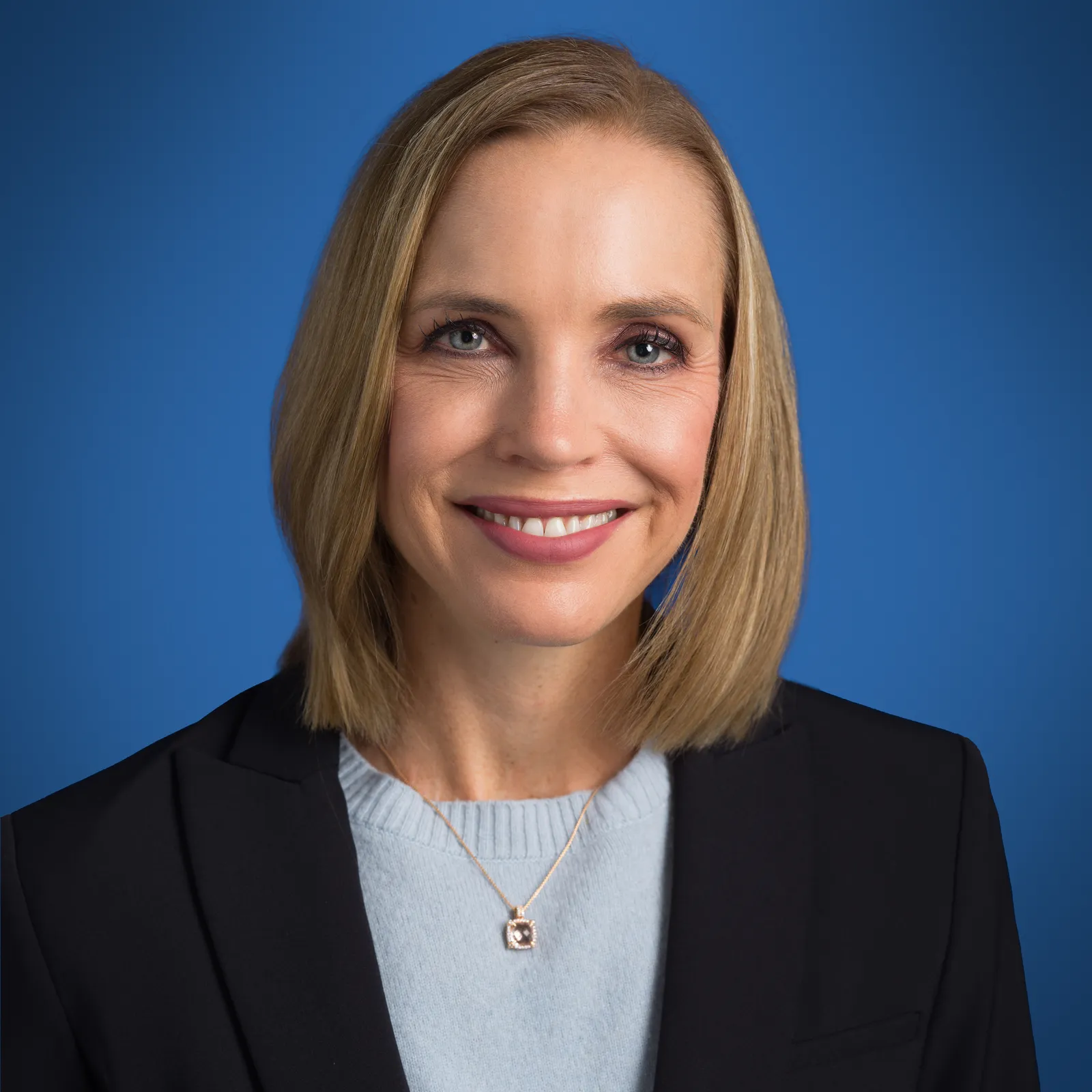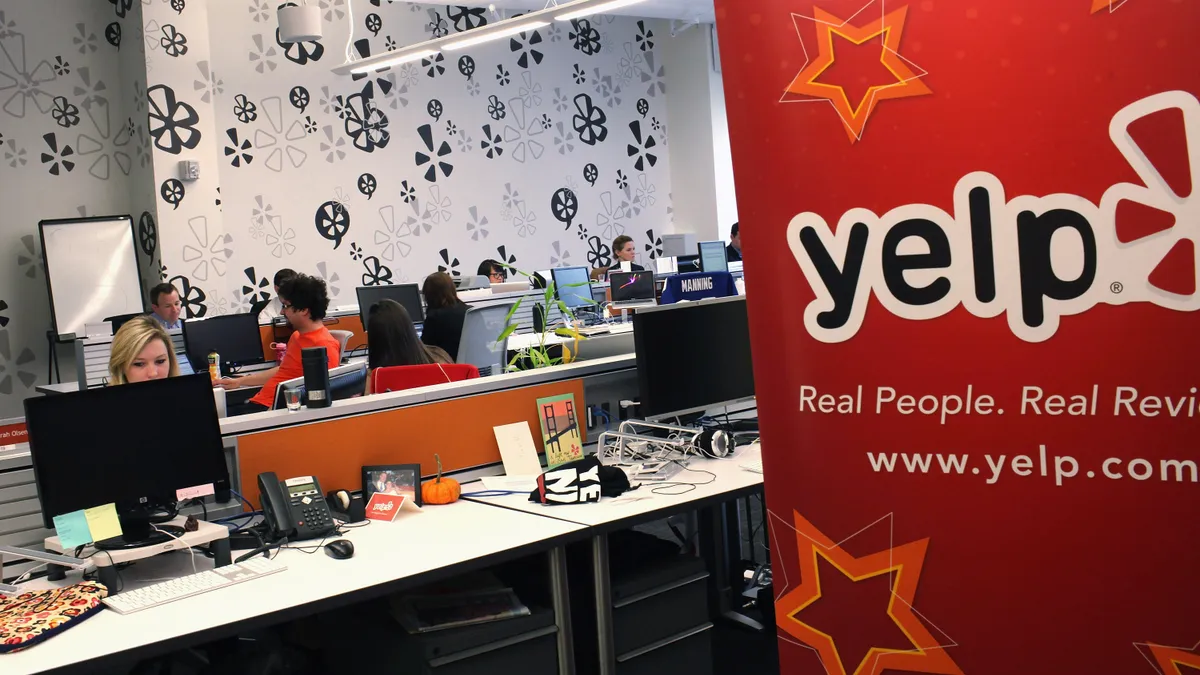More than two years into the pandemic, HR teams continue to debate a central question: Can their organizations open themselves up to flexible work and, if so, what types of flexibility are possible?
Disagreement between workers and employers reigned at many organizations going into 2022. Even as talent began to demand some way to work outside an office, managers and executives raised concerns about the lack of visibility they might have into employees’ day-to-day activities and expressed fear that employees could feel less attached to their organizations.
At the same time, it is clear that not even CEOs want to go back to the office in some cases, given rising gas prices and the advantages of working remotely. Leaders have increasingly come around to the reality of hybrid work as a permanent fixture, according to a recent Foundry report.
The subject has prompted some high-profile firms to make public their attitudes toward flexibility. On June 23, Yelp CEO and co-founder Jeremy Stoppelman published a statement declaring the company’s intention to “embrace a fully remote workplace” and even close underutilized offices in large U.S. cities, including New York, Washington, D.C. and Chicago.
HR Dive contacted Yelp to learn more about the internal discussions and considerations that led the company to adopt its fully remote strategy. In an interview, Chief People Officer Carmen Orr talked about Yelp’s data-driven approach toward flexibility, the company’s reliance on employee feedback and the role of in-person gatherings in preserving Yelp’s culture moving forward.
Editor’s note: This interview was conducted via email, and has been edited for clarity and brevity.
HR DIVE: What was Yelp's corporate policy on remote work at the time that the pandemic began in 2020? What immediate changes to this policy, if any, were made in the following months?
CARMEN ORR: The pandemic significantly altered the way we work, and it became clear early on that the future of work at Yelp is remote. It’s best for our employees, particularly parents, caregivers and people with disabilities, as well as our business. In February 2021, Yelp decided to continue operating as a distributed workforce and made returning to the office optional. We found that most employees didn’t want to return to the office, with only 1% of our global workforce choosing to come into the office every day.

Jeremy Stoppelman's June 23 statement indicated that Yelp didn't choose to pinpoint an initial "return-to-work" date. Can you talk a bit about why the company came to that decision, and what input the HR team had on it?
We found that remote work allowed our teams to be just as productive — if not more so — while increasing employee satisfaction, which led us to pilot a remote-first approach in May 2021. Because we were seeing success with our distributed workforce model, we decided to rethink our approach to the office instead of forcing employees to come back — especially during a time of such uncertainty. Though HR was heavily involved in conversations about the future of work at Yelp during this time, it was the positive feedback from our employees that truly showed to us that the future of work at Yelp was remote.
When surveying employees about their sentiments on remote work, how did you ensure that this surveying was representative of the entire employee population? Did the company communicate to employees that the results would be used to decide how it would approach remote work policies moving forward and, if so, how?
The pandemic was a forcing function for advancing a conversation that had long been facing the workplace — what is the role of the office? Yelp regularly conducts employee feedback sessions to help inform future actions across the organization, so we took the same approach when we began to think about what the future of work would look like at Yelp. Throughout the pandemic we regularly conducted internal surveys of our entire employee population to gauge employee engagement and gather their feedback as we navigated how to successfully operate as a distributed remote workforce.
Our employees are telling us to rethink the role of the office. In surveying our employees, 86% of respondents said they’d prefer to work remotely most or all of the time, 87% reported that working remotely has made them more effective at work, and 93% of employees and their managers stated they could meet their goals remotely. Another telling datapoint for us is that most employees didn’t want to return to the office, with only 1% of our global workforce choosing to come into the office every day.
“I myself was drawn to join Yelp in 2021 in response to Yelp’s willingness to think differently about the role of the office and question long-held paradigms around work.”

As a result, we’ve made the decision to close underutilized office space, and we’re continuing to survey our employees to gather employee feedback to inform how we continue to evolve our programs to best support our teams.
Closing underutilized offices and maintaining a "remote-first" approach no doubt involved input from a variety of Yelp's departments, but is it fair to say that its HR team played a particularly large part in making these decisions? As the chief people officer, what type of input did you provide to Yelp's broader executive team as it determined how to move forward?
Much of our decision to continue our distributed work model and close underutilized offices came from our employee survey and office utilization data, which looked at input from across our organization. The HR team also has seen a strong surge in candidate applications due to Yelp’s remote work focus, with many individuals noting that Yelp’s distributed workforce was one of the reasons they applied for the role. In fact, I myself was drawn to join Yelp in 2021 in response to Yelp’s willingness to think differently about the role of the office and question long-held paradigms around work. Our approach to remote work allows us to create a more level playing field, since we can now hire from a larger and more diverse talent pool as well as minimize the impact of presenteeism bias.
Not all employees work in quite the same way, and the June 23 statement showed that at least a small fraction of Yelp employees did return to physical offices when they reopened. How do you plan to address the fact that some employees may not feel remote work is an effective way for them to work?
We are rolling out a benefits survey this summer to gather employee feedback to inform how we continue to evolve our programs and resources to best support our teams. We’ve also conducted live listening sessions with employees who expressed a desire to engage more directly on the topics. We continue to believe there is a role for purposeful in-person collaboration and we have begun to conduct in-person gatherings in cities across the U.S. to strengthen team relationships and connection. We expect our in-person gatherings will continue to evolve as we reimagine the long-held paradigms around work, and we are currently surveying those individuals who have participated in recent gatherings to learn from their experiences so we can create new opportunities for employees to connect in person.
Remote work has caused many of our readers to ask how they can go about preserving the cultures their organizations had before the pandemic if people remain physically separated. How has Yelp thought about this issue? What types of cultural initiatives, policies or formats has the company seen success with in its remote environment?
At Yelp, we have taken steps to strengthen our culture to ensure that all employees, no matter who or where they are, have the support to achieve the work and life goals that led them to selecting us as their employer of choice. As we continue to evolve the future of work at Yelp, we plan to re-allocate resources towards our employee experience, new talent, and the growth of our business.






















